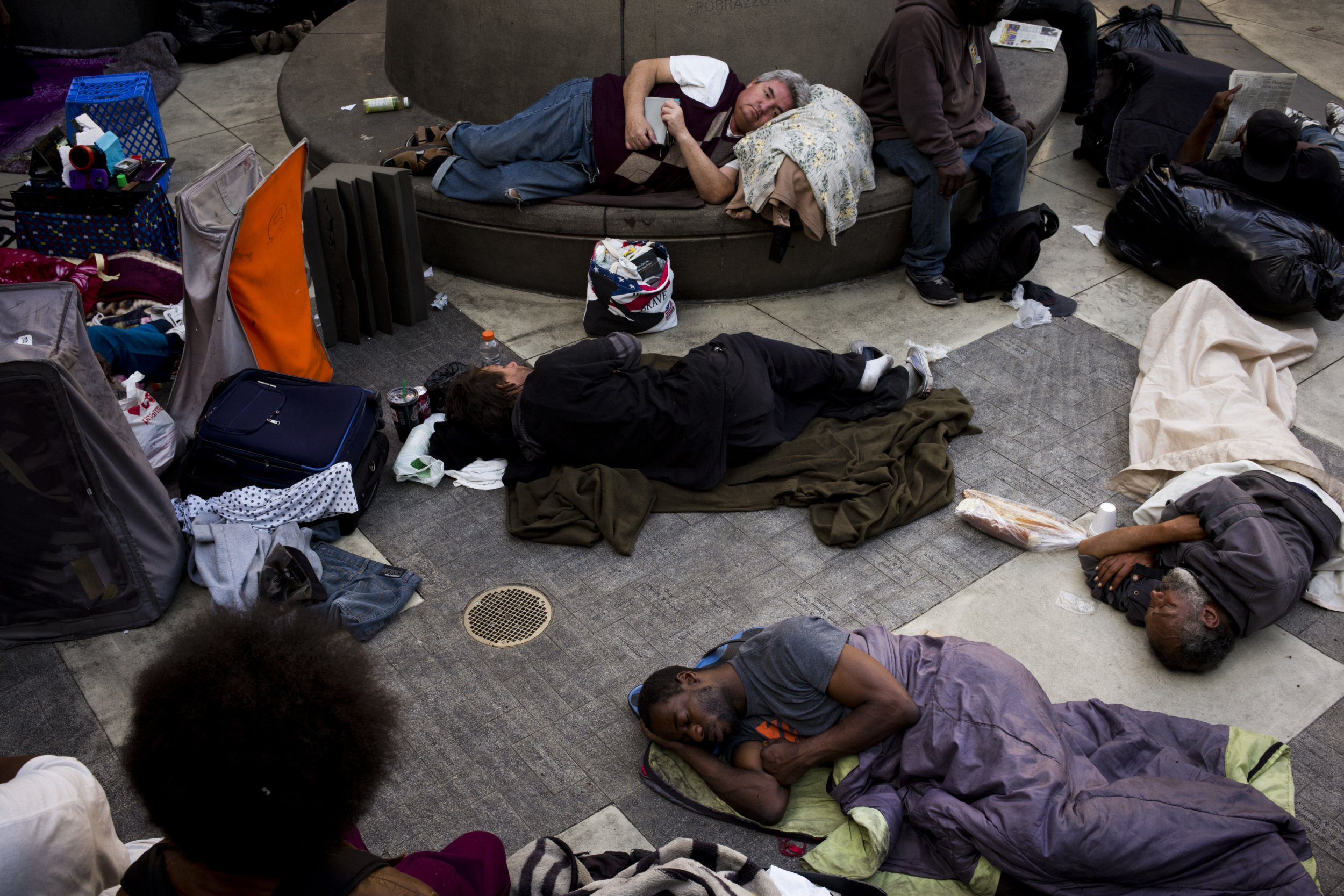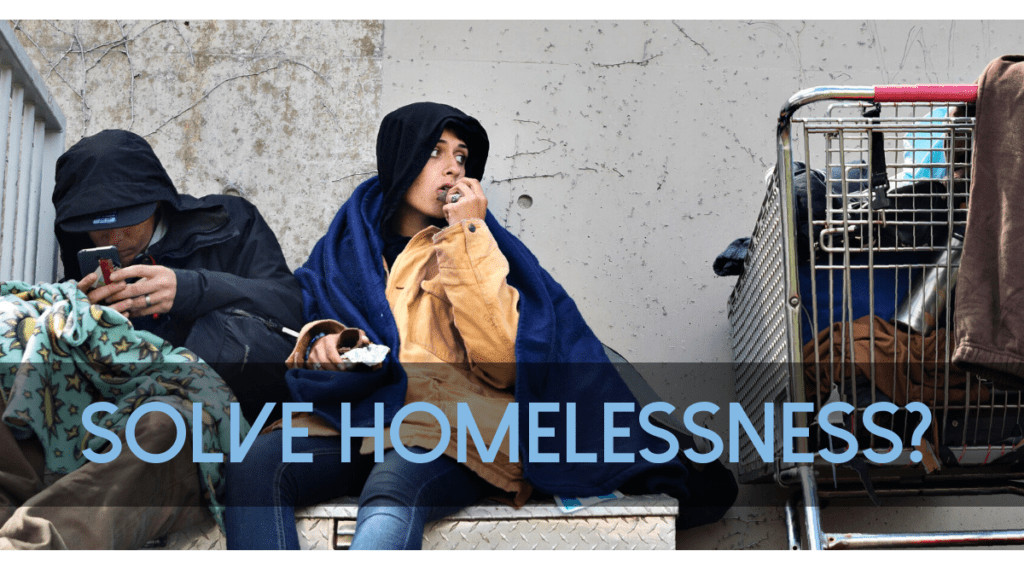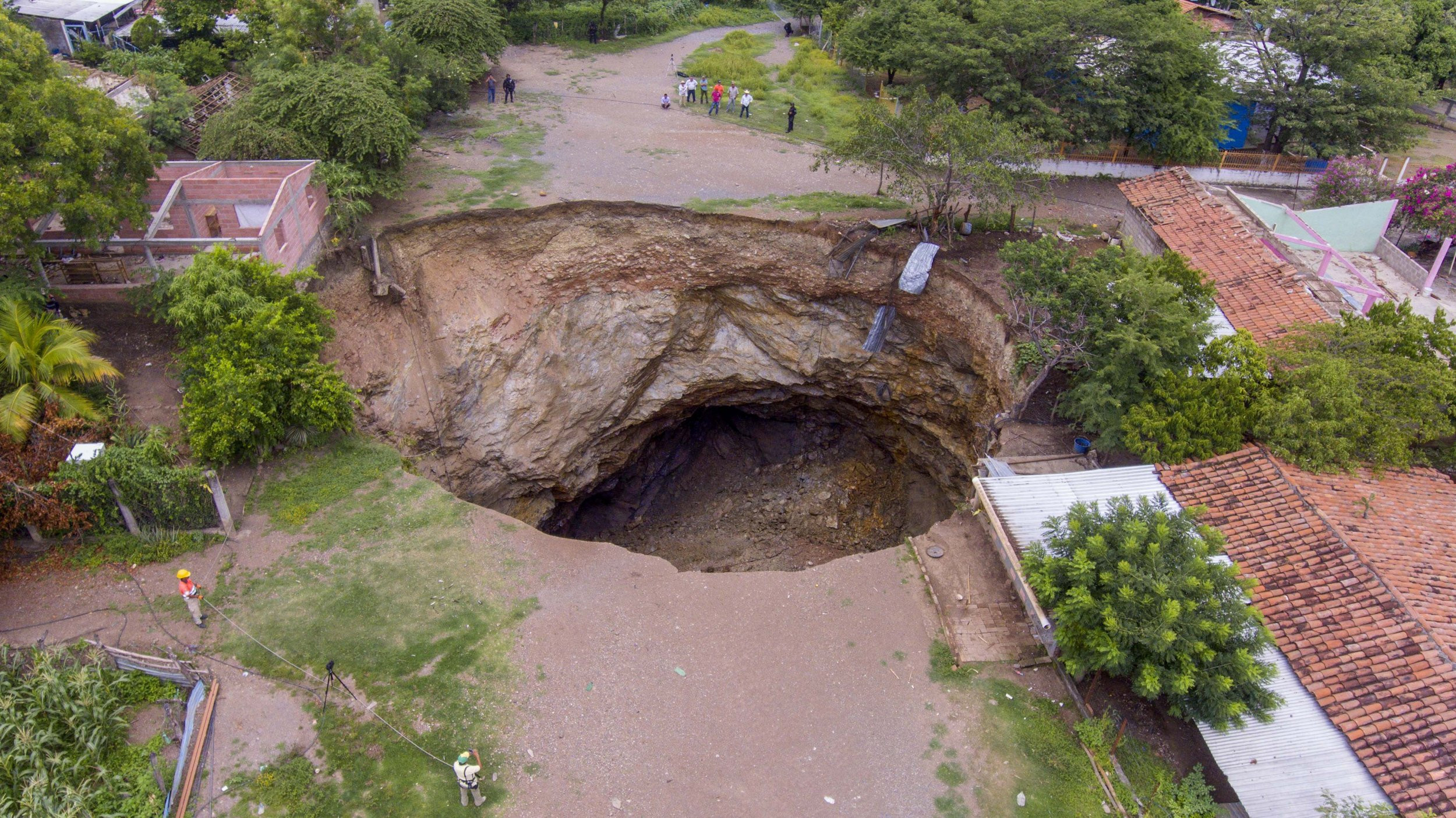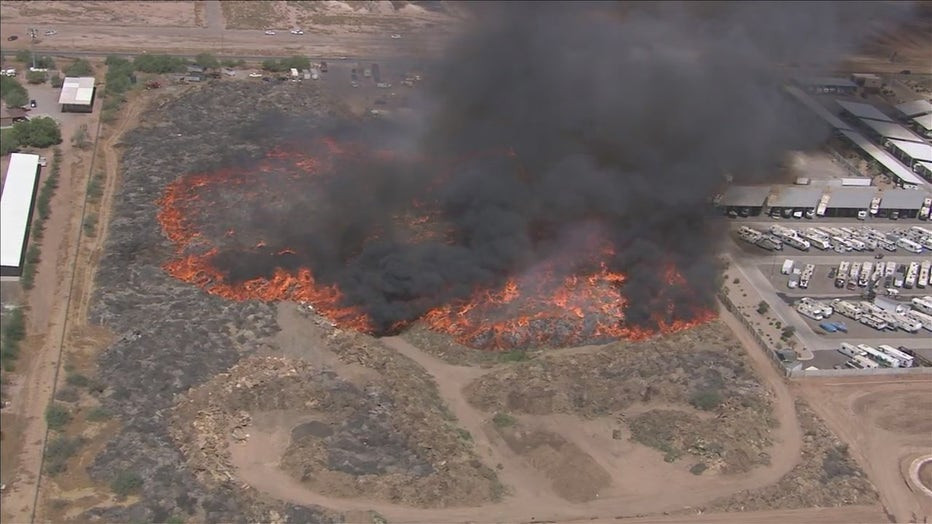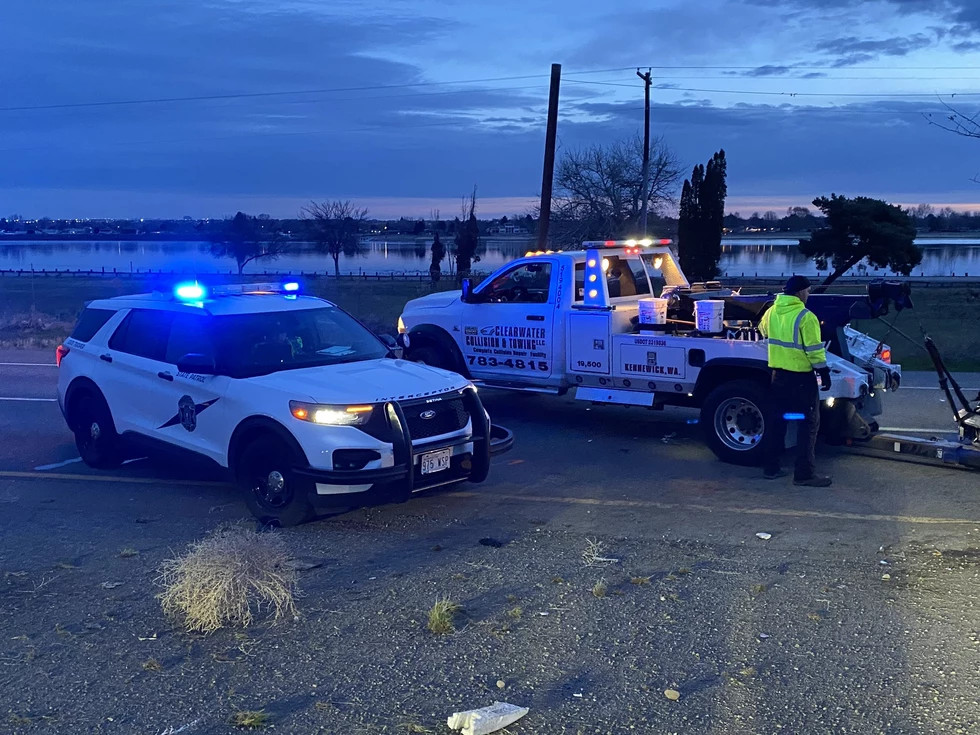A National Crisis, A Patchwork of Responses
Homelessness is a pervasive issue in the United States, impacting individuals, communities, and the national conscience. The debate over how to address this crisis often boils down to two opposing viewpoints: one focused on providing housing and support services without preconditions, and the other emphasizing law enforcement and addressing underlying issues like mental health and substance abuse.
The Supreme Court’s Shadow: A Shift in Policy
The Supreme Court’s 2024 ruling in Grants Pass v. Johnson marked a turning point in this debate, allowing cities to criminalize sleeping in public spaces even when no shelter is available. This decision has emboldened some cities to adopt stricter policies and clear homeless encampments, often without providing adequate alternatives.
The Legal Landscape: Property Rights vs. Public Safety
While the Grants Pass ruling focused on the constitutionality of camping bans, another legal front has emerged: the protection of property rights for unhoused individuals. Lawsuits are challenging city practices of confiscating and destroying personal belongings during encampment sweeps, arguing these actions violate constitutional protections against government seizure of property.
Phoenix: A Case Study in Property Seizures
Phoenix, Arizona, provides a stark example of this conflict. In ongoing litigation, the city has been accused of routinely destroying the belongings of unhoused individuals, including essential items like medication and identification documents. A federal judge has issued temporary orders requiring the city to provide notice and hold seized property for 30 days before disposal. However, a U.S. Department of Justice investigation uncovered continued violations of constitutional rights, indicating the need for more comprehensive reforms.
Housing-First vs. Punitive Approaches: A Shifting Tide
The debate over the best approach to homelessness has intensified, with advocates for Housing-First programs arguing that providing stable housing is the most effective way to address the issue. They point to research showing that these programs, which offer permanent housing without requiring sobriety or treatment, are more cost-effective and lead to better long-term outcomes.
The Future of Homelessness: A Crossroads of Policy and Politics
As cities grapple with the complex realities of homelessness, the policy landscape is shifting. While some municipalities are adopting more punitive measures, others are working to expand access to affordable housing and implement Housing-First initiatives. The outcome of this debate will have a profound impact on the lives of millions of Americans experiencing homelessness and the future of our communities.
A Call for Compassion and Solutions
The homelessness crisis demands a compassionate and pragmatic approach that prioritizes both human dignity and public safety. This will require a collective effort, involving collaboration between government agencies, community organizations, and individuals to address the underlying causes of homelessness and provide effective solutions that promote lasting stability and well-being for all.
The Battle for Hearts and Minds: A National Conversation
This article explores the complexities of homelessness in America, encompassing the legal battles over camping bans, the debate over housing-first versus punitive approaches, and the growing focus on property rights for unhoused individuals. It also touches on the political landscape surrounding homelessness, highlighting the ideological clash between those advocating for expanded access to housing and those prioritizing enforcement and addressing underlying issues.
The conversation about homelessness is a critical one, demanding careful analysis, reasoned debate, and a commitment to finding solutions that address the needs of all individuals, regardless of their housing status. It is a conversation that must continue, with the goal of creating a more just and compassionate society for all.




